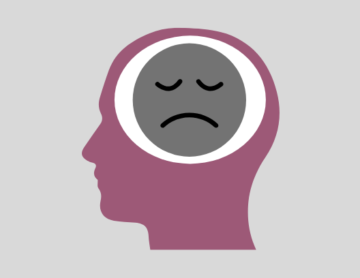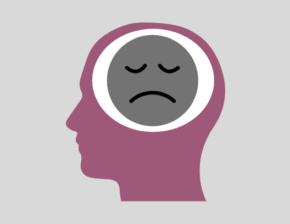 What is Depression?
What is Depression?
The Mental Health Foundation broadly defines depression as: “A common mental disorder that causes people to experience depressed mood, loss of interest or pleasure, feelings of guilt or low self-worth, disturbed sleep or appetite, low energy and poor concentration.”
The more specific term of dysthymia is used to describe mild, but long-term depression, usually lasting two years or more.
How Common is it?
At any one time it is estimated that more than 300 million people have some form of depression – this is about 4% of the world’s population according to the World Health Organisation. The Royal College of Psychiatrists suggests that 1 in 5 people will experience depression at some time in their lives.
Misconceptions about Depression in the Workplace
According to the Depression Alliance a major difficulty with depression is that it can be hard to spot. There are not only many different types of depression, but different emotional and physical symptoms. In addition, no two people experience depression in exactly the same way and it doesn’t differentiate between job roles, grades or seniority. Not only can it be difficult to recognise, but it is also widely misunderstood. Some common misconceptions about depression include people being viewed as: lazy, hypochondriacs, untrustworthy or incompetent.
Not surprisingly, people find it difficult to be ‘open’ and ‘honest’ when it comes to their mental health. And, who can blame them, when our wider society is still more accepting of physical rather than mental illness. Employees are far more likely to mask their mental health and tell their employer they are too ill to come into work because they have ‘the flu’ or ‘an upset tummy’ rather than they are suffering from depression.
The 2017 UK Labour Force Survey reported that more than 500,000 people were unable to turn up to work due to depression, equating to over 12.5 million working days lost. However, this figure is likely to be much higher, if it was possible to extract the disguised reasons used for workplace absences.
Depression and Work
Ironically, even though many people feel they have to be ‘economical with the truth’ at work, according to most health professionals, a key contributor in many people’s recovery from depression, is a stable workplace, as it can provide valuable routine, structure and social support.
So what can workplaces do to tackle the stigmas and misconceptions around depression?
A good starting point is a well thought out mental health and wellbeing policy that attempts to dispel some of the myths and offers practical and tailored support to those who need help. It has to be led from the top and it can’t just be a pointless paper document. A well-being commitment needs to be reflected in an organisation’s way of working and include relevant information-raising and training for managers and employees, backed up with appropriate occupational health support and employee assistance programmes.
For more guidance, check out:
Mental Health – Are your Employees Thriving at Work? which includes links to the government’s 2017 Thriving at Work review and Mental Health Core Standards
Mental Health at Work – a one-stop-shop for FREE resources, toolkits and articles to support mental health at work
Openness and honesty remains a big ask in today’s pressurised, fast-paced workplaces, but until mental health conditions can be talked about in the same way as physical health, employees will continue to hide their true illnesses and hamper their own recovery, damaging themselves and their businesses.

